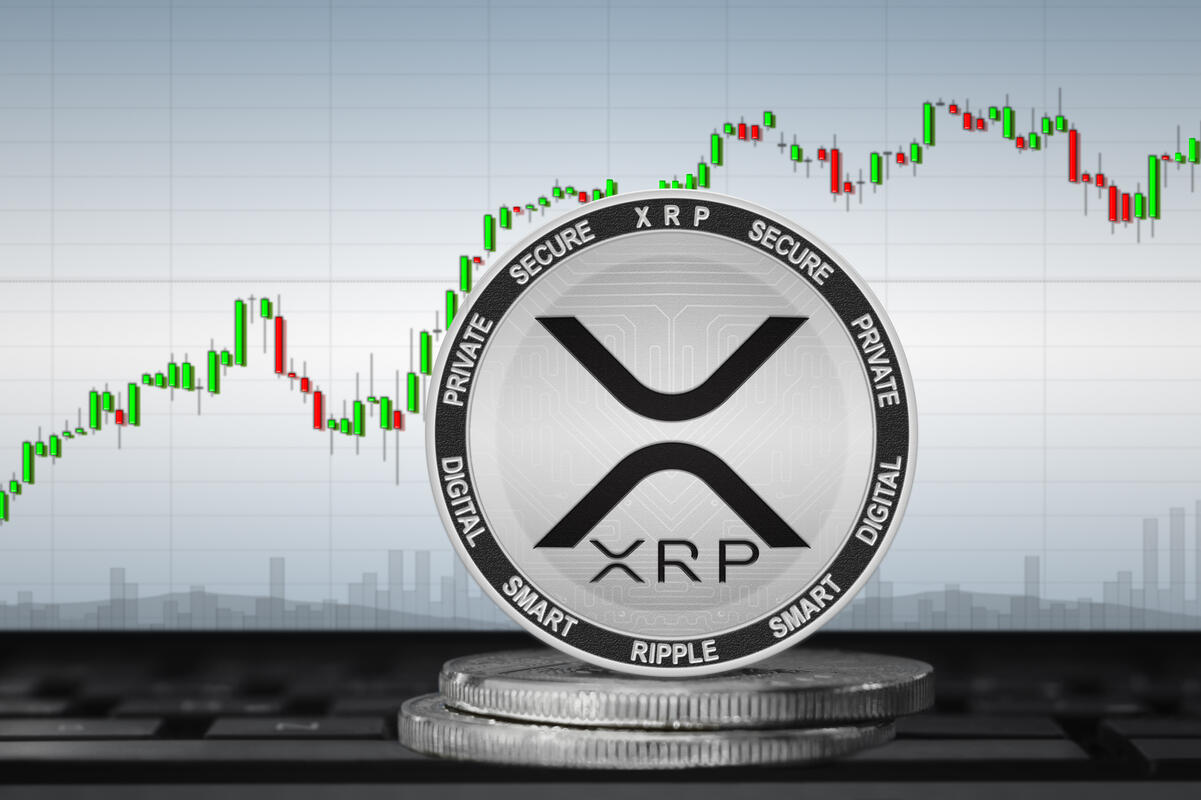The December 2020 lawsuit by the United States Securities and Exchange Commission (SEC) against Ripple has significantly hindered the growth and adoption of the XRP token in the United States, according to pro-XRP advocate John Deaton, as conveyed in a recent post on X (formerly Twitter).
Deaton’s remarks came in response to Coinbase’s recent announcement of acquiring a minority stake in Circle, the issuer of USD Coin (USDC).
Coinbase’s plan to enhance the USDC ecosystem prompted Deaton to reflect on the missed potential for Ripple and XRP in the cross-border payment arena, suggesting that Coinbase’s interest might have been similarly sparked if not for the SEC’s legal action.
The pro-XRP advocate underscored that Coinbase had once actively supported XRP, but the lawsuit compelled the platform to remove the token.
He noted that Coinbase had taken thorough precautions, reaching out to the SEC to ascertain XRP’s regulatory standing before listing it.
In a January 2019 meeting with the SEC, Coinbase had explained its stringent regulatory evaluation process, which had even garnered praise from a senior SEC staff member.
At the time, the SEC raised no objections to Coinbase’s proposal, leading to the listing of XRP on the exchange in February 2019.
Similarly, MoneyGram, a major payment processor and a key partner of Ripple in remittances, had submitted a filing to the SEC outlining its plans for XRP usage.
This submission faced no regulatory challenges.
READ MORE: Binance Contemplates Legal Action Against Former Payment Provider
Deaton highlighted that both Coinbase’s legal team and MoneyGram had, through their evaluations, determined XRP not to be a security, a view that the SEC itself had seemingly shared in June 2018.
Despite these assessments, the SEC initiated a lawsuit against Ripple in December 2020.
The pro-XRP advocate argued that the lawsuit was wielded as a weapon and emphasized that the evidence accumulated over the past three years supports this assertion.
Deaton concluded that the lawsuit inflicted notable harm on XRP’s adoption, despite Ripple’s continued accomplishments abroad.
Notably, on July 13, New York District Court Judge Analisa Torres issued a partial ruling in favor of Ripple Labs, determining that the sale of XRP on digital asset exchanges should not be considered a security.
In summary, the SEC’s lawsuit against Ripple in December 2020 had a detrimental impact on the adoption and growth of the XRP token within the United States.
Proponents of XRP, like John Deaton, argue that the legal action hindered the trajectory that Ripple and XRP were on, potentially stalling their adoption in cross-border payments and curtailing opportunities for partnerships with entities like Coinbase.
Other Stories:
Ripple Labs vs. SEC: Appeals Process Sparks Debate Over Ongoing Legal Case




